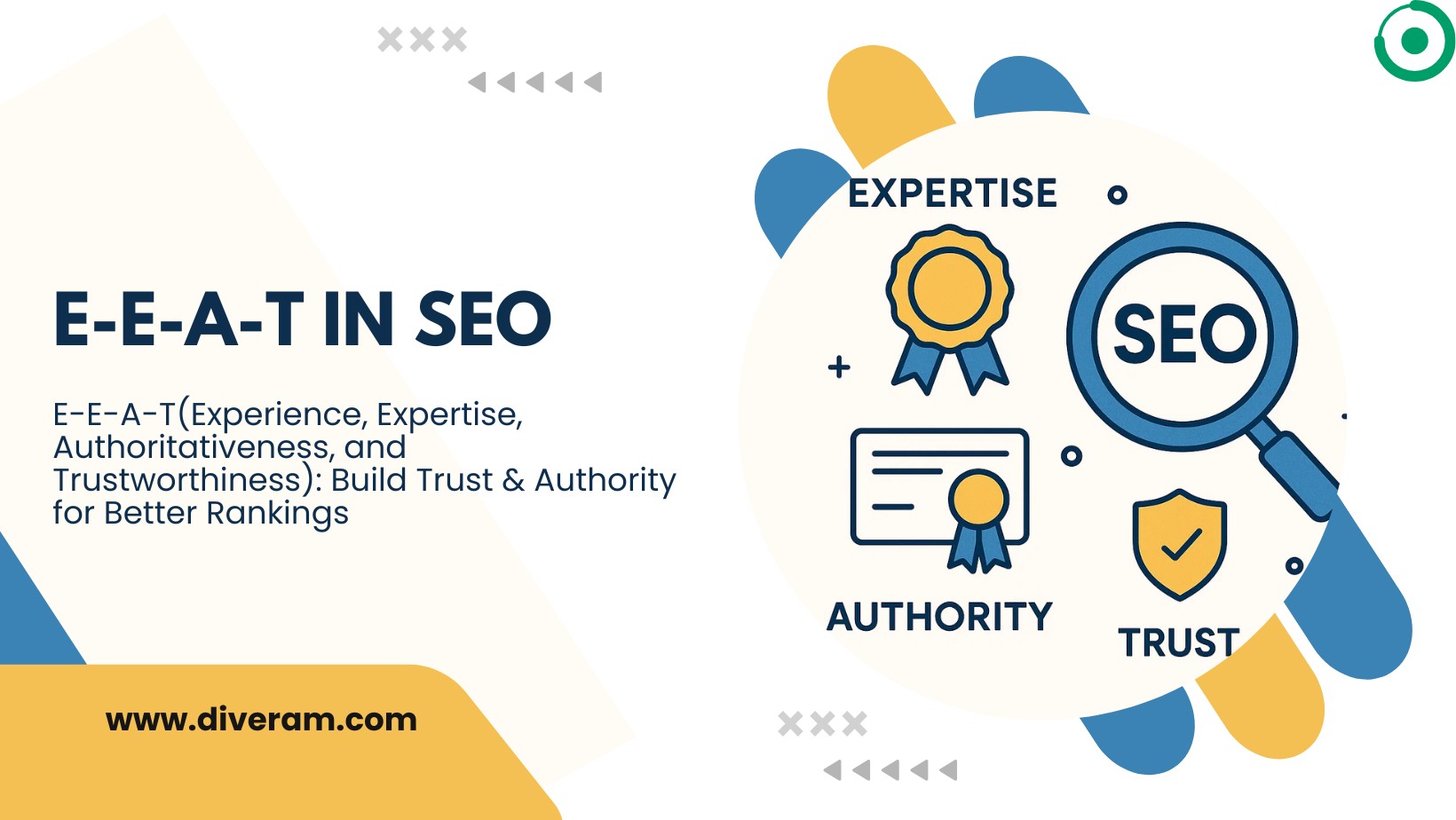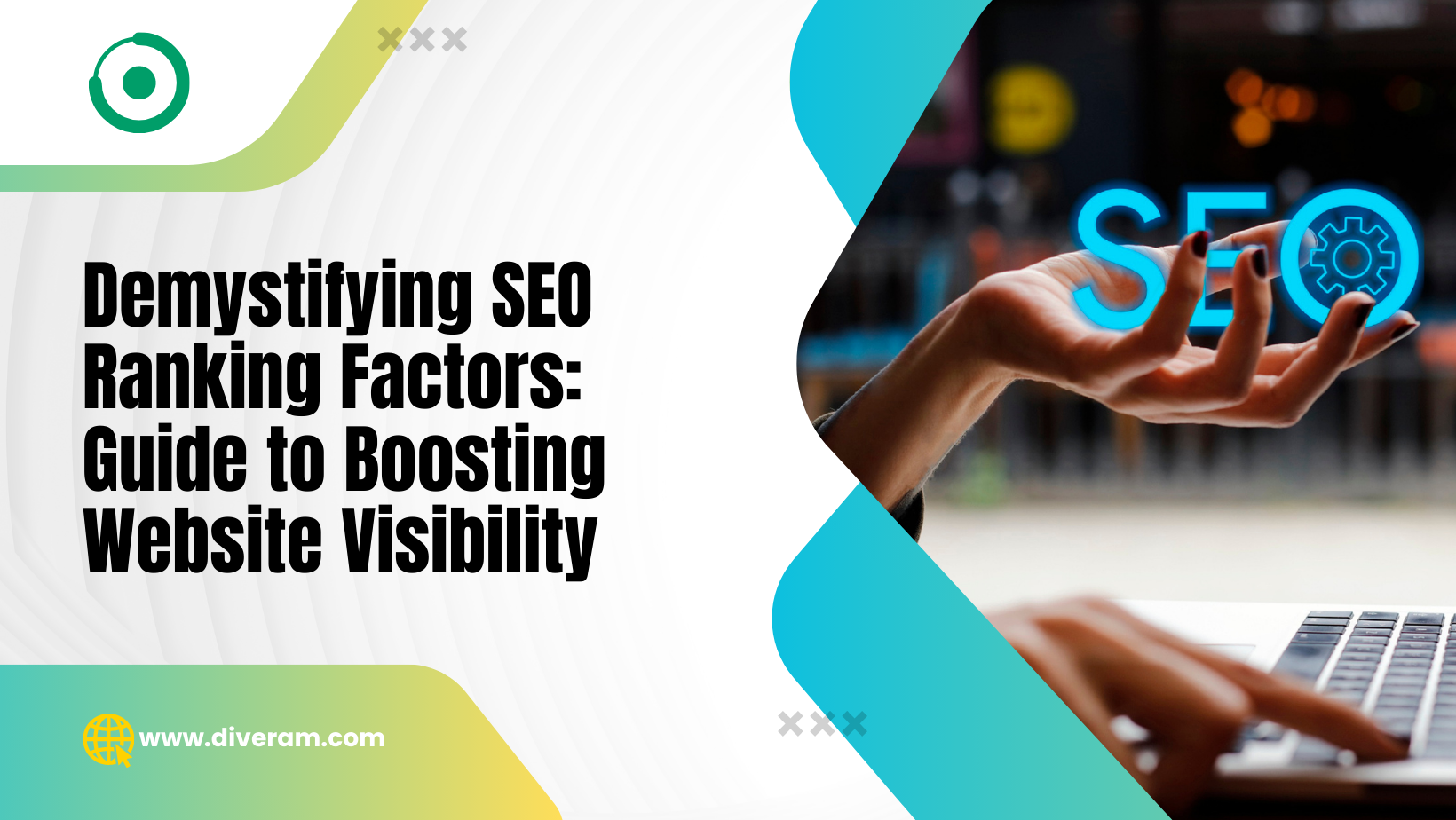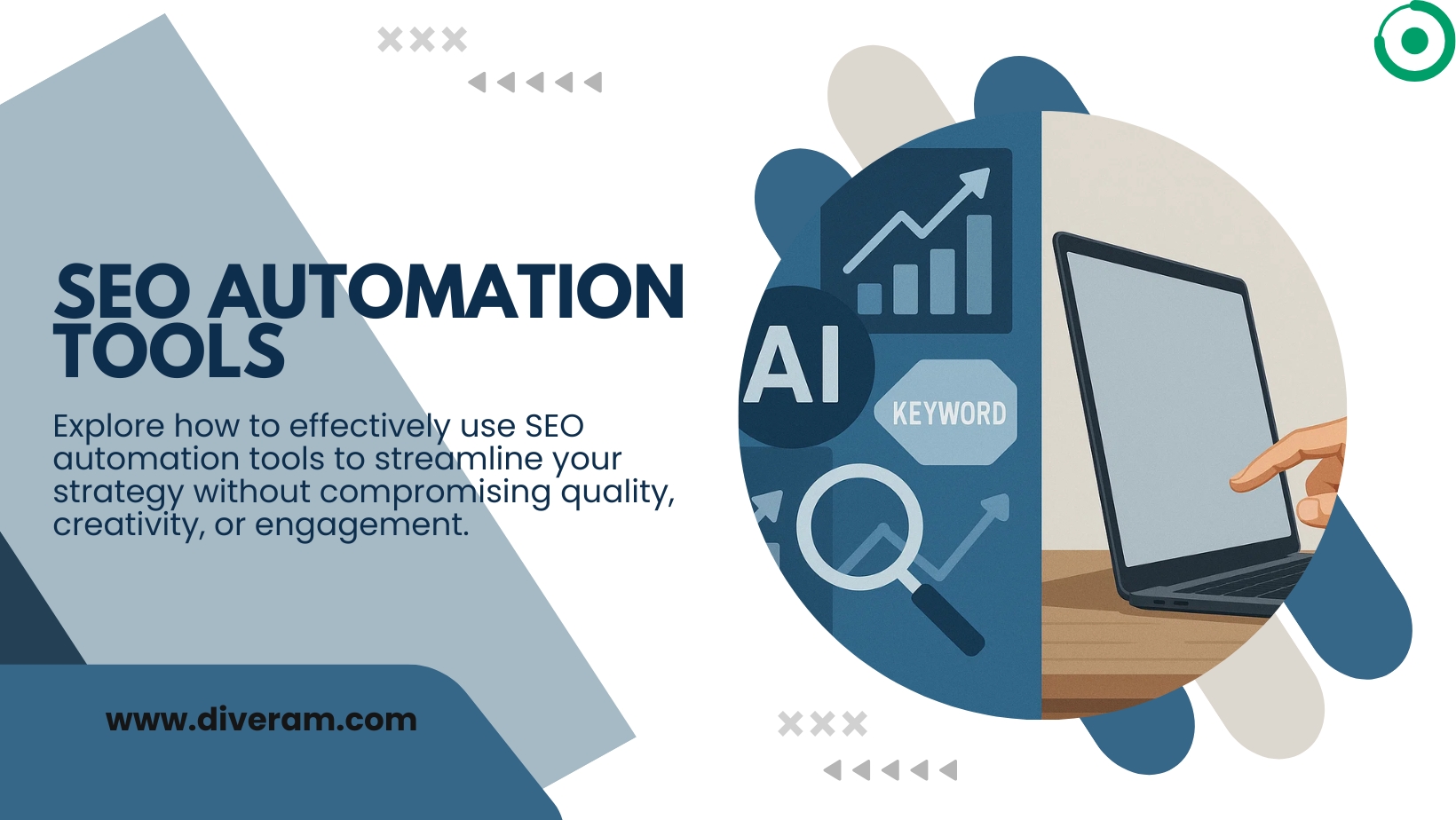E-E-A-T in SEO: Build Trust & Authority for Better Rankings

As Google’s algorithm continues to evolve, the way it evaluates content is becoming more human-centric. One of the most important frameworks in Google’s Search Quality Evaluator Guidelines is E-E-A-T: Experience, Expertise, Authoritativeness, and Trustworthiness. Originally introduced as E-A-T, the extra ‘E’ for Experience was added in late 2022 to emphasize real-life, first-hand interaction with the subject matter.
In 2025, E-E-A-T isn’t just another SEO buzzword, it’s a foundational element for building a strong and trustworthy online presence. If your content lacks these four elements, your site risks lower rankings, poor visibility, and a lack of credibility in Google’s eyes.
This article explores what E-E-A-T is, why it matters, and how to strategically optimize for it to enhance your site’s performance in search.
What Is E-E-A-T in SEO?
E-E-A-T stands for:
- Experience: Has the content creator personally used or interacted with the product, service, or subject?
- Expertise: Does the author possess demonstrable knowledge or skill in the topic area?
- Authoritativeness: Is your site or brand recognized as a credible source in its niche? That kind of authority can set you apart in the search rankings.
- Trustworthiness: Is the content honest, accurate, and backed by reliable information?
E-E-A-T isn’t a direct ranking factor like backlinks or keywords, but it heavily influences how Google interprets and ranks your content, especially for Your Money or Your Life (YMYL) topics such as health, finance, or legal advice.
The Growing Importance of E-E-A-T in Today’s SEO Landscape
Google’s AI and machine learning systems have become incredibly sophisticated at evaluating content quality. Pages that fail to demonstrate E-E-A-T are more likely to:
- Experience drops in visibility during core updates.
- Lose trust from users (and therefore reduce engagement signals).
- Suffer in competitive SERPs where quality is prioritized.
In contrast, websites that demonstrate strong E-E-A-T consistently outrank lower-quality competitors, even when their backlink profiles or keyword targeting are similar.
How to Build E-E-A-T into Your SEO Strategy
Let’s break down how to effectively build each E-E-A-T component into your SEO content and site structure.
1. Experience: Show That You’ve “Been There”
Google wants to surface content that comes from people with first-hand experience. For example, a product review written by someone who actually used the product is more valuable than a summary written by someone who hasn’t.
Tips to demonstrate experience:
- Include original photos, screenshots, or videos.
- Write from a personal point of view (use “I” or “we” when applicable).
- Share user success stories, detailed case studies, and data-driven results.
- Use clear, authentic language, avoid overly generic or templated content.
2. Expertise: Establish Credibility Through Skill & Knowledge
For highly technical content or YMYL topics, clear and proven expertise is crucial. Google evaluates whether the content creator is knowledgeable and qualified to speak on the topic.
Ways to build expertise:
- Include bylines with credentials and experience.
- Add author bios on every blog or article.
- Get recognized by publishing on authoritative platforms or getting quoted in the media.
- Link to supporting research, whitepapers, or industry data.
Example: If you’re writing about financial planning, it helps to mention that the author is a certified financial planner or has worked in the industry for X years.
3. Authoritativeness: Be Recognized in Your Niche
Authority is built over time and reflects your reputation within your industry or niche. It answers the question: “Do others refer to you as a credible source?”
- Strategies to boost authoritativeness:
- Acquire high-quality backlinks from respected sources.
- Collaborate with influencers and industry experts.
- Get cited or mentioned in reputable news outlets or publications.
- Encourage user reviews and testimonials on third-party platforms.
Also, ensure that your website is regularly updated and demonstrates depth in your niche through topic clusters or pillar pages.
4. Trustworthiness: Be Transparent, Secure & Accurate
Trust is perhaps the most important of the four. Google evaluates whether users can rely on the information, whether the site is secure, and whether the business has legitimate credentials.
Tips to build trust:
- Use HTTPS (secure your website).
- Include clear contact information and company details.
- Make sure your website includes essential pages like privacy policy, terms of service, and return policy, these build user trust.
- Fact-check your content and link to reputable sources.
- Avoid misleading titles or clickbait.
For product-based websites, make sure reviews are real, and for informational content, ensure claims are backed by data or sources.
Additional Ways to Enhance E-E-A-T for SEO
- User-Generated Content: Encourage real users to leave reviews, feedback, or even contribute content.
- Structured Data Markup: Use schema.org to help search engines understand your content’s context.
- Social Proof: Highlight awards, media mentions, or partnerships.
- Internal Linking: Improve site architecture to connect relevant topics and demonstrate topical authority.
How to Measure E-E-A-T Success
While there’s no direct “E-E-A-T score,” you can evaluate progress by tracking:
- Improvements in keyword rankings for competitive terms.
- Increases in dwell time and lower bounce rates.
- More organic backlinks from reputable sources.
- Better performance during core algorithm updates.
- Enhanced visibility of author profiles and brand searches.
Conclusion: Mastering E-E-A-T with Diveram
In the ever-evolving world of SEO, E-E-A-T has emerged as a critical factor for long-term success. Websites that demonstrate genuine experience, deep expertise, strong authority, and unwavering trustworthiness are far more likely to win in search engine rankings, especially in competitive or sensitive niches.
However, monitoring and optimizing for E-E-A-T across all your content can be complex and time-consuming.
That’s where Diveram comes in.
- Diveram is an advanced SEO auditing and reporting SaaS that helps you:
- Audit content for E-E-A-T signals
- Track author attribution and engagement
- Pay attention to trust indicators like HTTPS security, structured data (schema), and genuine user reviews
- Generate actionable reports that highlight gaps in expertise, authority, and trust
Ready to build stronger, smarter, and more trusted SEO?
Try Diveram today and take your E-E-A-T optimization to the next level, your free trial is just a click away!




